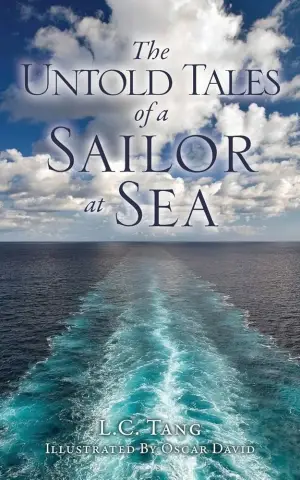Exploring the Cosmos: A Journey Through The Three-Body Problem
Have you ever stumbled upon a book that not only captivates your imagination but also challenges the very fabric of your understanding of our world? That’s precisely what happened to me when I first picked up The Three-Body Problem by Liu Cixin. Delving into this Hugo Award-winning novel, I found myself not just reading a story but embarking on an intellectual voyage filled with existential dilemmas, complex characters, and the vastness of the universe as both a backdrop and a character itself.
Set against the tumultuous era of China’s Cultural Revolution, the novel launches us into a gripping narrative that begins with a clandestine military project signaling to alien civilizations. When this transmission is received by a technologically advanced yet perilously compromised alien race—the Trisolarians—everything shifts. What unfolds is a compelling clash of ideologies on Earth: some individuals see the impending arrival of these aliens as a salvation from humanity’s flaws, while others flip to the fight-or-flight instinct, preparing for conflict. The philosophical musings about civilization, ethics, and the survival of our species make this a rich tapestry to dissect.
Cixin’s characters are equally intriguing. Ye Wenjie, for instance, emerges as an unforgettable figure, emotionally scarred by her past and driven by a disenchanted view of humanity. Her arc raises fundamental questions about hope, despair, and the choices we make in the face of overwhelming forces. As I turned each page, I found myself reflecting on my own beliefs about cooperation and conflict within our world.
The writing style is worth noting as well. Cixin’s prose is both poetic and thought-provoking, effortlessly mingling scientific concepts with human experience. At times, the pacing may feel deliberately slow—a choice that allows readers like me to savor the complex ideas being presented. It’s like slowly unwrapping a gift, where each layer reveals deeper insights.
One moment that resonated with me particularly was Ye Wenjie’s realization that "the universe is a dark forest," filled with civilizations that harbor the potential for mutual destruction. This haunting metaphor encapsulates the overarching tension within the novel and stayed with me long after I closed the book.
What truly sets The Three-Body Problem apart is its ability to blend hard science fiction with philosophical inquiry. It’s not merely a tale of first contact; rather, it probes our deepest fears about our place in the cosmos. Cixin’s fresh perspective is a delightful exploration for anyone curious about how our own society grapples with monumental challenges.
I wholeheartedly recommend this book to anyone who finds joy in thought-provoking science fiction or who appreciates narratives that tackle the bigger questions of existence. It’s perfect for fans of classics like Dune or contemporary works like The Expanse. The reading experience is not just enlightening; it’s transformative.
In a world filled with noise, The Three-Body Problem invites us to look up at the stars and ponder our future—an experience that left me both humbled and hopeful. If you’re seeking a book that ignites conversation and stretches your imagination, this is the perfect pick.
Happy reading, fellow book lovers!






